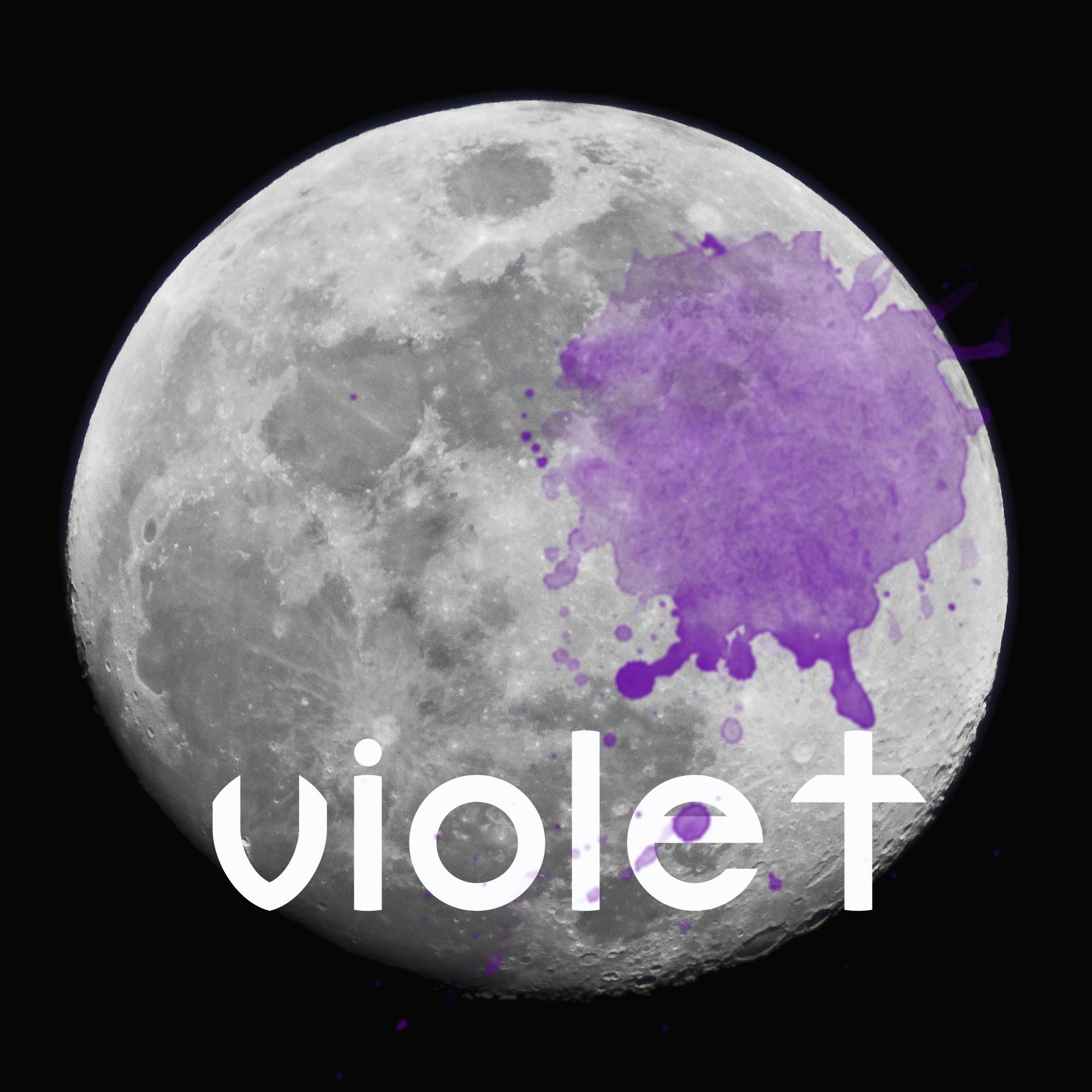[ The World Times ] Talchum to be considered for the Unesco Cultural Heritage List
2020. 5. 4. 22:15 from English/Reading & Writting English BookTalchum, the traditional Korean performance art, evolved from ancient rituals more than 1,000 years ago. Now, centuries later, it is being considered for a spot on UNESCO's list of intangible cultural heritage.
The Cultural Heritage Administration recently announced that it had submitted an application for talchum to be added to UNESCO's list, which catalogs cultural practices from around the world. UNESCO's more famous list of world heritage sites marks its structures and landmasses as places worthy of protection and celebration. The list of intangible cultural heritage has a similar effect on the practices listed in it, as well as serving as a way for countries to quantify their cultural contributions to the world.
Korea currently has 20 entries on the UNESCO list of intangible cultural heritage, including kimchi-making, which was added in 2015, and Jeju haenyeo, added in 2016, Its most recent addition was ssireum, a Korean form of wrestling, which is listed as a joint entry shared with North Korea. According to reports, talchum will be listed as an exclusively South Korean cultural heritage.
Talchum is a combination of music, dance, and theater that features masked performers. It can be performed on stage or outdoors and is always done in front of an audience. In fact, the audience is considered to be an integral part of the show, which depends on the boos and cheers to move forward and make it complete. The stories in talchum performances are often satirical, using humor to provide commentary on serious subjects, such as class divides and social hierarchies. However, at the end of the show, the characters usually reconcile and perform one final dance together. There are more than a dozen different kinds of talchum performances, and they are considered to be a cultural heritage within Korea. Whether or not the United Nations agrees with that assessment remains to be seen.
The final decision will be made by UNESCO more than two and a half years from now, in December 2022. In that time, the committee will review and evaluate the value of the art form and decide whether it deserves special recognition. If it is approved, talchum will become internationally recognized, and artists and governments will be further encouraged to contribute to its preservation. Global awareness of the tradition will surely grow, potentially making it something foreigners seek out when visiting the country. Perhaps some tourists will even make the journey to Korea just to see a talchum performance.
'English > Reading & Writting English Book' 카테고리의 다른 글
| [ The World Times ] Baek Hee-na (0) | 2020.05.27 |
|---|---|
| [ The World Times ] a Planet with Iron Rain (0) | 2020.05.07 |
| [ The World Times ] Axolotls on Mexican 50-peso Notes (0) | 2020.04.28 |
| [ The World Times ] The Platypus' Struggle for Survival (0) | 2020.04.21 |
| [ The World Times ] Lady Gaga's Comeback (0) | 2020.04.18 |
